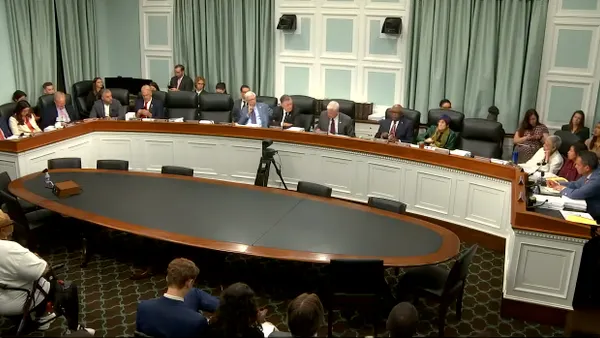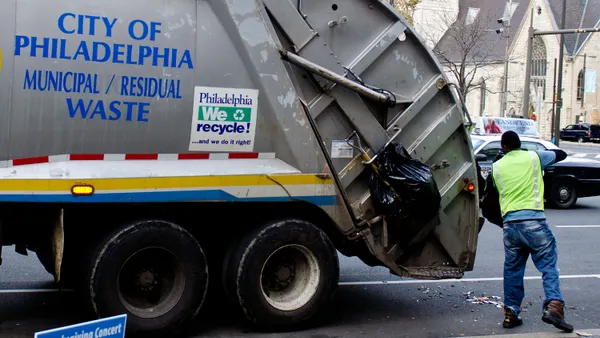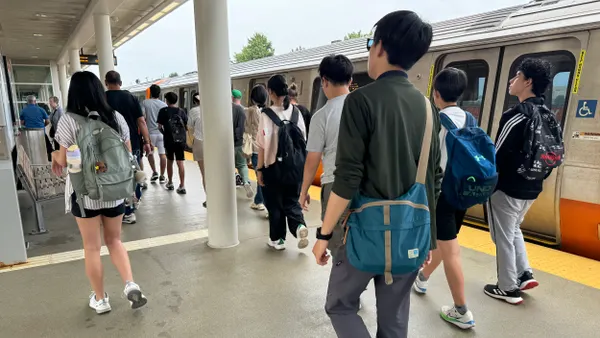Dive Brief:
- U.S. Housing and Urban Development (HUD) Secretary Ben Carson has proposed reforming the rental assistance program for low-income Americans. The main proposal in the Making Affordable Housing Work Act is to raise the amount that most of the 4.7 million Americans receiving assistance pay for rent from 30% to 35% of their adjusted income, with minimum rent for the poorest families rising from $50 to $150. The proposal also makes it easier for public housing agencies and landlords to impose work requirements.
- Certain groups would be exempt from the rental increases for the first six years, including those over the age of 65 and people with disabilities.
- Congress will review and decide whether to approve the proposal.
Dive Insight:
Cities already are struggling to build and preserve adequate amounts of affordable housing as well as homeless services, so a measure that appears like it could further impact low-income families and their housing status comes as a blow. The cost of housing is outpacing wage growth in most major cities, and a rapidly increasing number of small and medium-sized cities, and HUD's existing subsidies are the only thing allowing some low-income families to stay in their homes.
The proposal does exempt families that would be evicted if they can't cover the rent increase, but it would push more struggling families closer to the margin. Essentially, the federal government will be offering less rent assistance to the average low-income family.
Cities have recently been working harder to mitigate affordable housing crises and prevent residents from being forced out of their homes. From instating or expanding affordable housing plans to regulating short-term rentals, local governments are testing a variety of methods to prevent dipping further into housing crises.
Cities are pushing back on the proposal and want to prevent Congress from passing it. For one, the New York Department of Housing Preservation and Development tweeted that the proposal would be "a disaster" and it will work with partners to oppose it.
The new HUD proposal reportedly is intended to simplify the rental assistance program and make it easier both for landlords and recipients to understand. But if it passes, the measure will provide more challenges for cities to navigate to ensure that low-income residents don't end up on the street.










